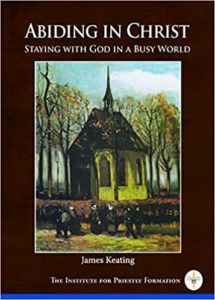Podcast: Play in new window | Download (Duration: 28:22 — 19.6MB) | Embed
Subscribe: Apple Podcasts | Spotify | Amazon Music | Android | Pandora | iHeartRadio | JioSaavn | Podchaser | Gaana | Podcast Index | Email | TuneIn | Deezer | Anghami | RSS | More
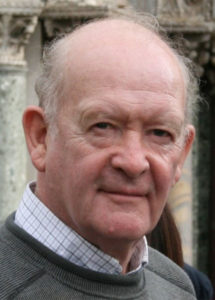
Episode 5: Abba – Father, Context and Direction
It is James’ fourth meeting with Peter and he realizes that there are only two more days left to speak with the hermit about his spiritual life. James asks Peter to teach him how to pray from the very beginning. The first time that question was asked of Christ by his first followers, was by giving them the prayer that we call the ‘Our Father’. Peter uses the first two words of that prayer, the word Our and the word Father, to sum up, the context and direction of all Christian prayer.

You can find more episodes of the series here: Wisdom from the Western Isles: The Hermit w/ David Torkington page.
 You can find the book here.
You can find the book here.
David Torkington, the author of Wisdom from the Western Isles has re-edited and abridged the work for broadcast; he is also the narrator. The book was published originally as three separate spiritual novels: Peter Calvay – Hermit, Peter Calvay – Prophet and Peter Calvay – Mystic. We begin with the first part, The Hermit but including some passages from Peter Calvay – Mystic so as to give an overall view of the spiritual journey for listeners.
David Torkington is an English Spiritual Theologian, author, and speaker, specializing in Prayer, Christian Spirituality, and Mystical Theology. Educated at the Franciscan Study Centre, England, he served as Dean of Studies at the National Catholic Radio and Television Centre, London. He was an extra-mural lecturer in Mystical Theology at the Angelicum, the Dominican University in Rome, and has received invitations to speak to Religious, Monks, Diocesan Priests, and laypeople from all over the world, including Equatorial Africa, where he gave three prolonged lecture tours speaking on Christian prayer.
Visit his website: www.davidtorkington.com.
The author of the popular Peter Calvay series, his books include Wisdom from the Western Isles, Wisdom from Franciscan Italy, Wisdom from the Christian Mystics, Prayer Made Simple (CTS), and How to Pray by Our Sunday Visitor. His books have been translated into 13 different languages.

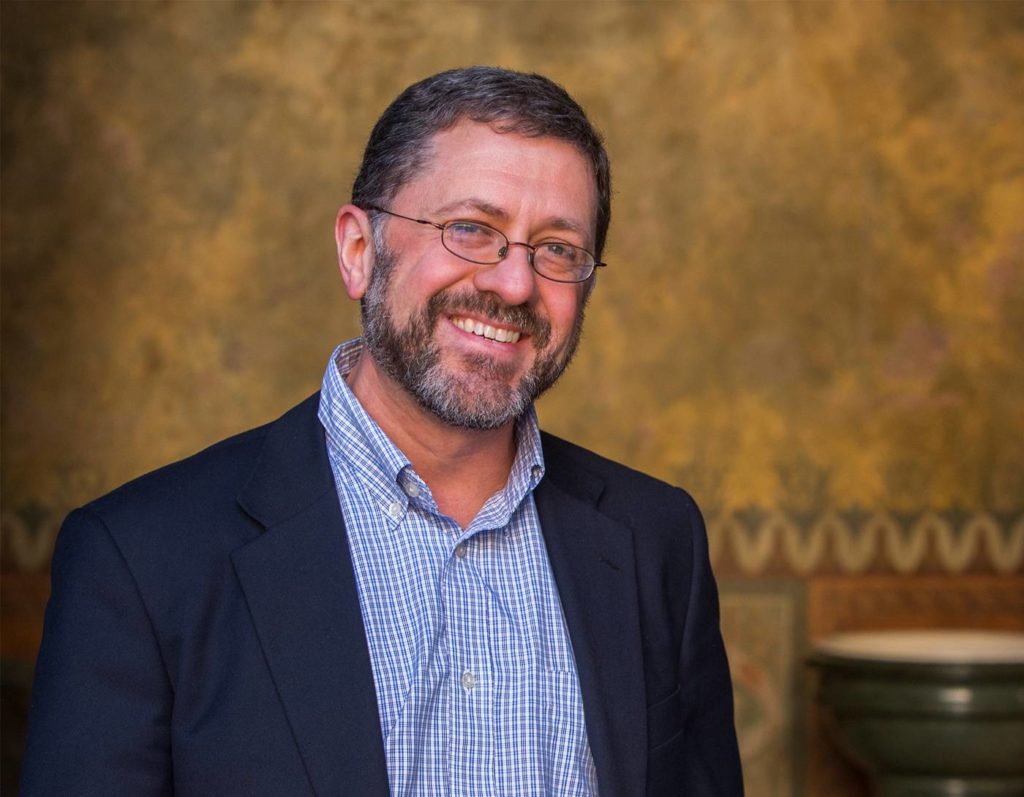 Episode 5 – Joseph and His Angels
Episode 5 – Joseph and His Angels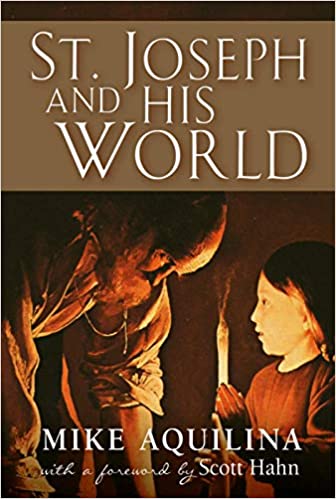
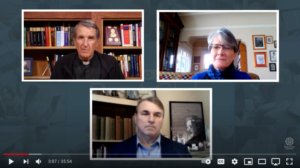
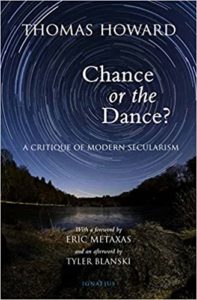




 Deacon James Keating, PhD, the director of Theological Formation for the Institute for Priestly Formation, located at Creighton University, in Omaha.
Deacon James Keating, PhD, the director of Theological Formation for the Institute for Priestly Formation, located at Creighton University, in Omaha.
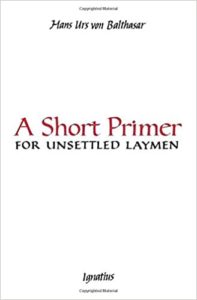 From the book description:
From the book description:
